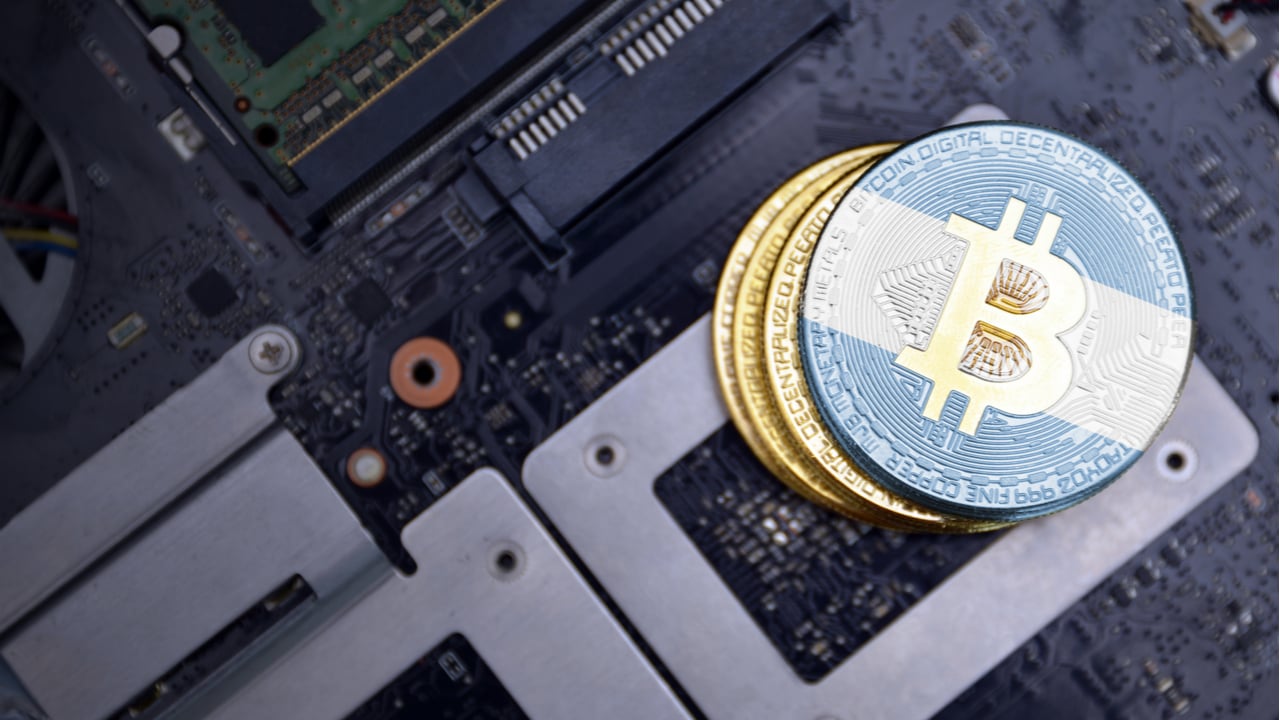
The Argentinian government is starting to inquire about the power consumption of bitcoin mining companies after some provinces in the country faced power cuts during the last days of 2021. Cammesa, the state-owned power wholesaler, has sent a memo to big power consumers to reveal whether they are mining cryptocurrency. If so, the companies should reveal their actual power consumption so a price hike can be coordinated, and they will need to invest in power infrastructure.
Argentinian Government Sets Sights on Bitcoin Mining
The Argentinian government is trying to pinpoint the exact power usage that bitcoin miners require from the national power grid, in order to take measures to improve the current power crisis the country is facing. Cammesa, the state-owned energy wholesaler, has sent a letter to all registered large-scale consumers, requesting they report the energy consumption of possible mining operations they may host, including the power consumed by what the company calls the “server group,” the refrigeration equipment to cool the miners, and other associated equipment.
According to local media reports, the Argentinian government — via the Undersecretary of Electric Energy — could be planning to take action to get miners to pay more for this energy, launching a new tariff scheme and making cryptocurrency miners invest in the power system directly. This with the objecting of relieving the stress these operations are said to be causing the national grid, which in some cases has faced power cuts affecting more than 80,000 citizens and provoking protests.
Covert Mining Operations
Local cryptocurrency experts explained some companies have migrated to offer their space to host cryptocurrency mining operations, something that has affected the grid negatively. An unnamed source disclosed that these businesses were common and that there are more than 200 farms of this kind in the country, with at least half of them operating in Buenos Aires, the Argentinian capital.
The reason for the covert operations popping up is said to be the profitability investors can achieve by avoiding taxes. Doing things covertly can speed up return on investment (ROI) times for mining investors, who can reportedly recover their investment in six months, compared to ROI times of up to 18 months for other operations.
Bitcoin mining companies have been eyeing Argentina due to its affordable power costs. One of these groups is Bitfarms, which is already building a mega-mining complex in a partnership with a private third party that will ostensibly provide the power without impairing the national grid.
What do you think about the new measures the Argentinian government is planning to take regarding bitcoin mining? Tell us in the comments section below.












